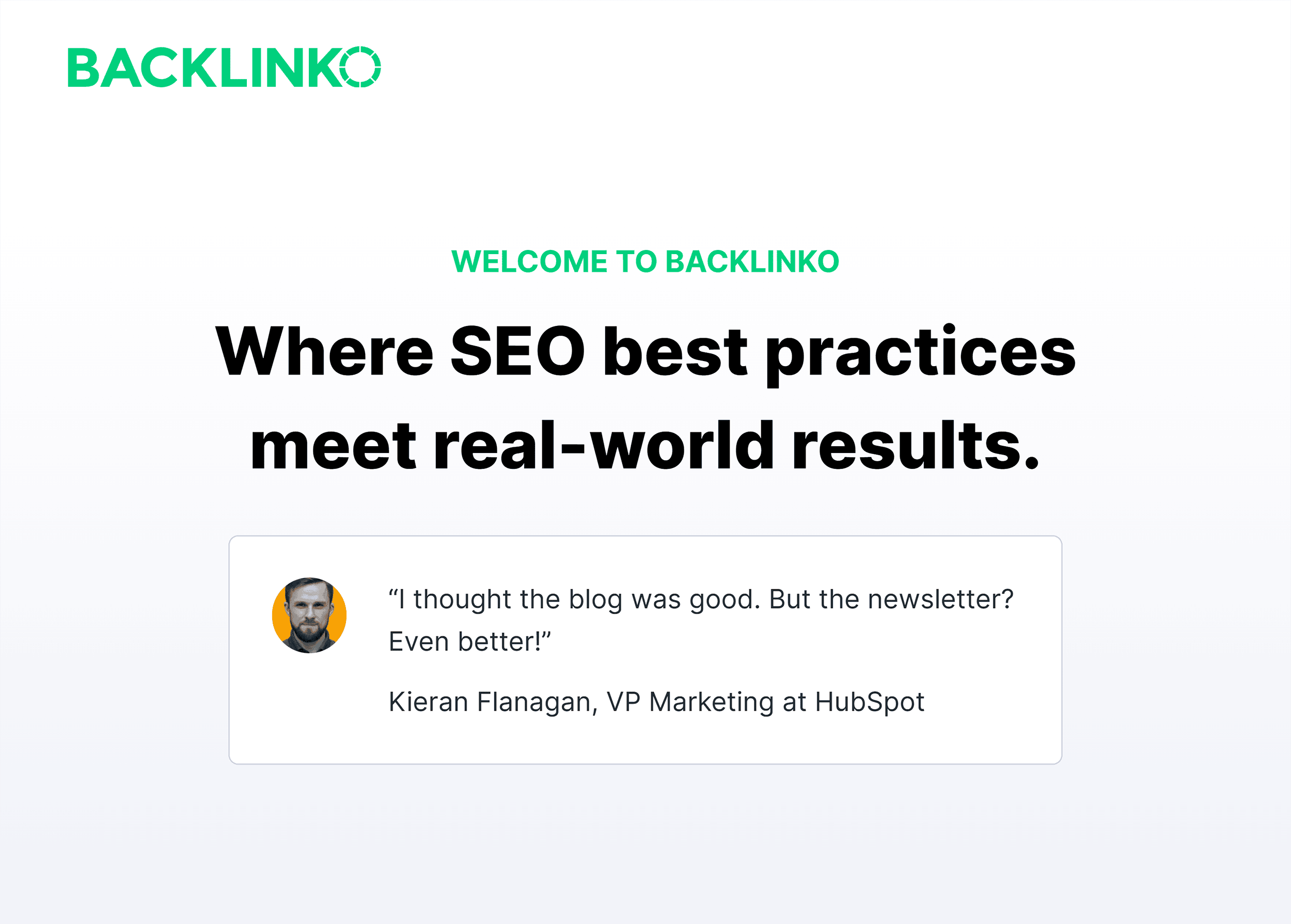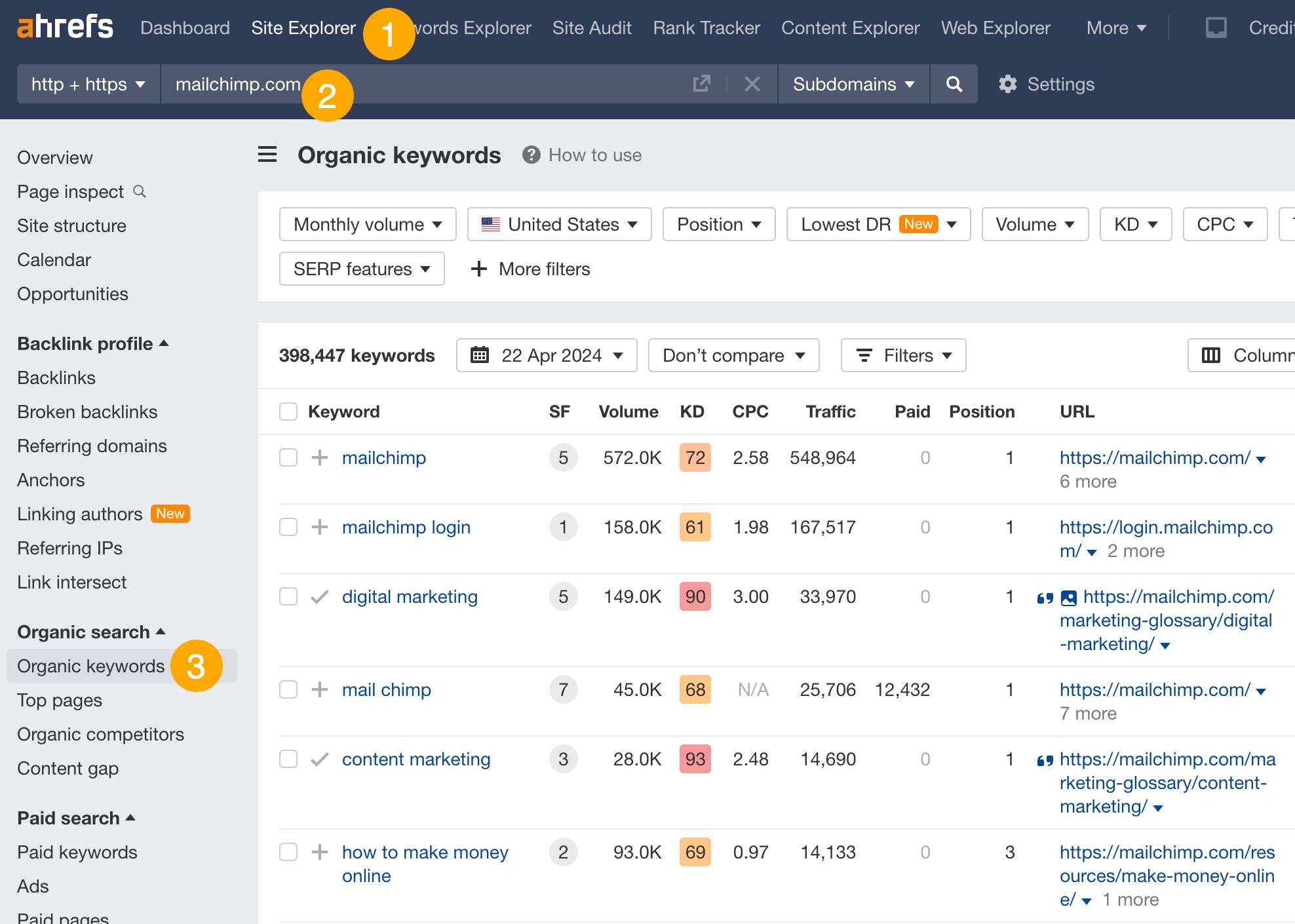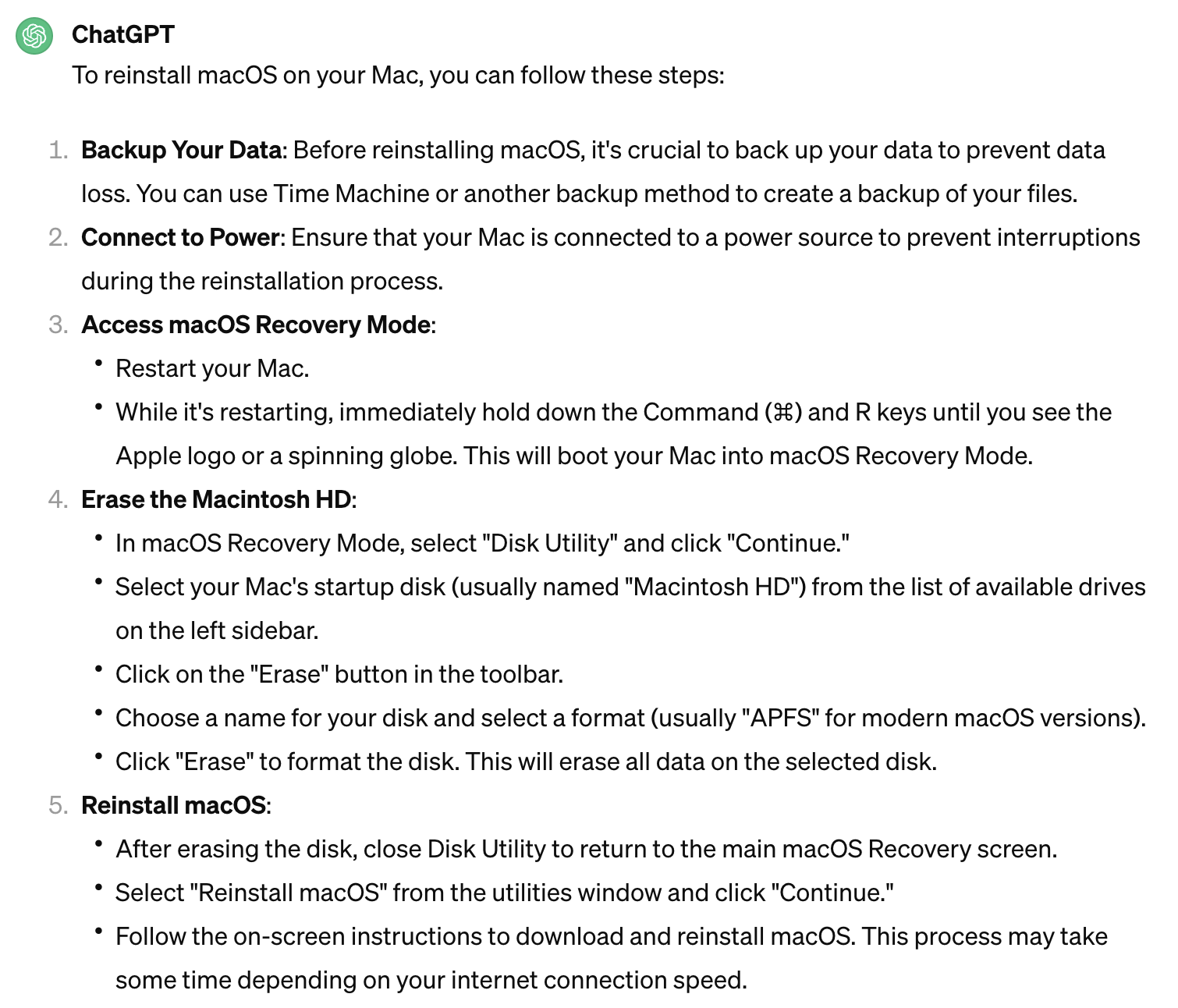
SEOs are panicking that AI is taking over and their jobs are done. But I’m uncharacteristically optimistic this isn’t the case.
Yes, AI has changed SEO forever (and will continue to do so), but it’s not going to kill it. We just need to adapt. How? By prioritizing “deep content” about topics that can’t be answered quickly or easily.
Here are three reasons why I think this is the future of SEO.
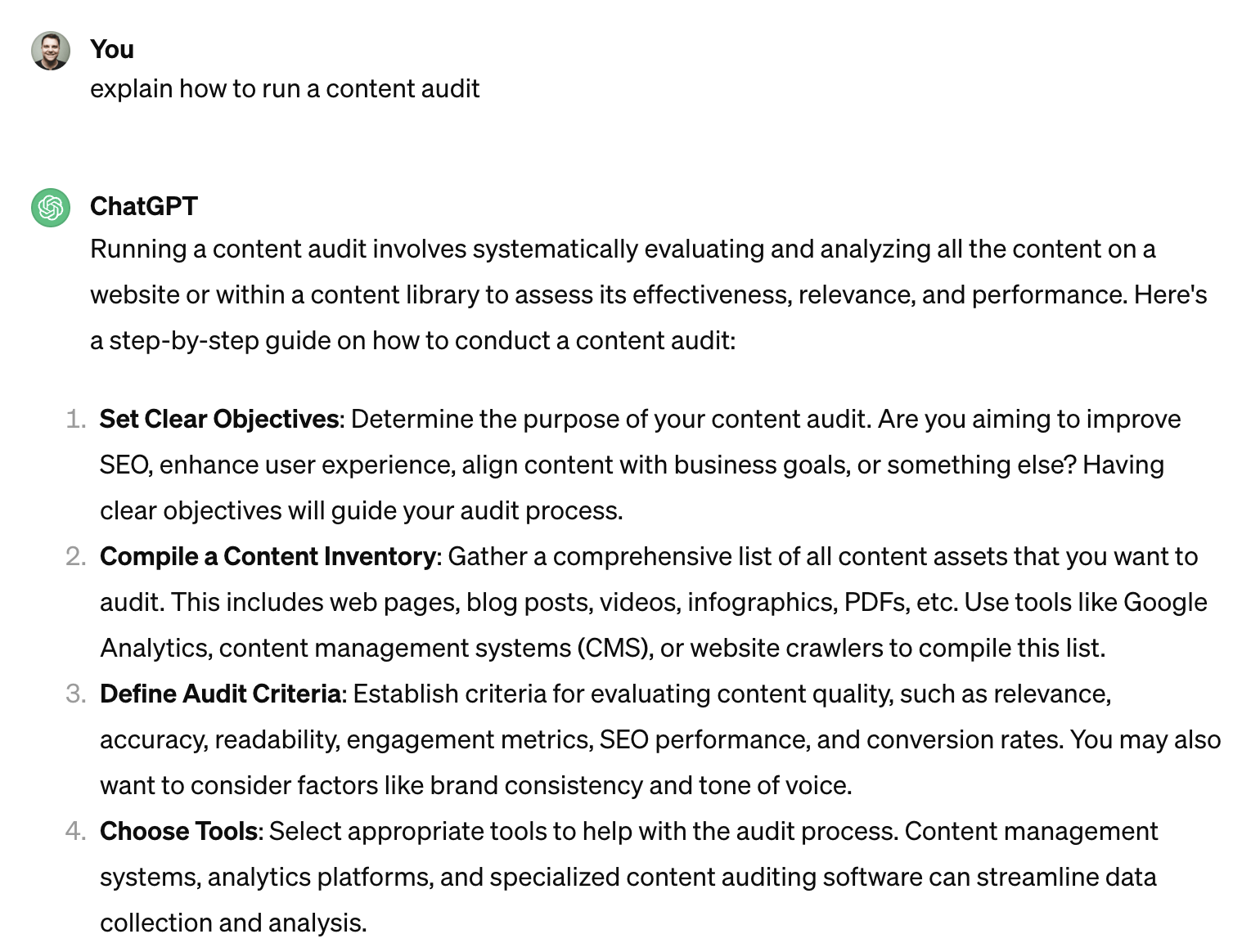
Even with half the answer cut off, the issue is clear: it tells us what to do but not how to do it.
- How do we choose the right objective?
- How do we pull data from Google Analytics, our CMS, and website crawlers to compile a content inventory?
- Which are the “appropriate tools” that will help with the audit?
Because this is a deeper topic, it needs a deeper answer. You can’t get that from AI. You need to click a result to find a tutorial from someone with actual experience performing content audits.
These are the kinds of topics you should be prioritizing in an AI world.
How can you find “deep” topics?
There’s no exact science. It’s largely about knowing your industry well and applying common sense. However, if you’re doing keyword research, you can narrow things down by excluding keywords that trigger featured snippets. After all, if Google thinks a query can already be answered well with a featured snippet, an AI answer will definitely do the job.
You can do this in Keywords Explorer with the SERP features filter:
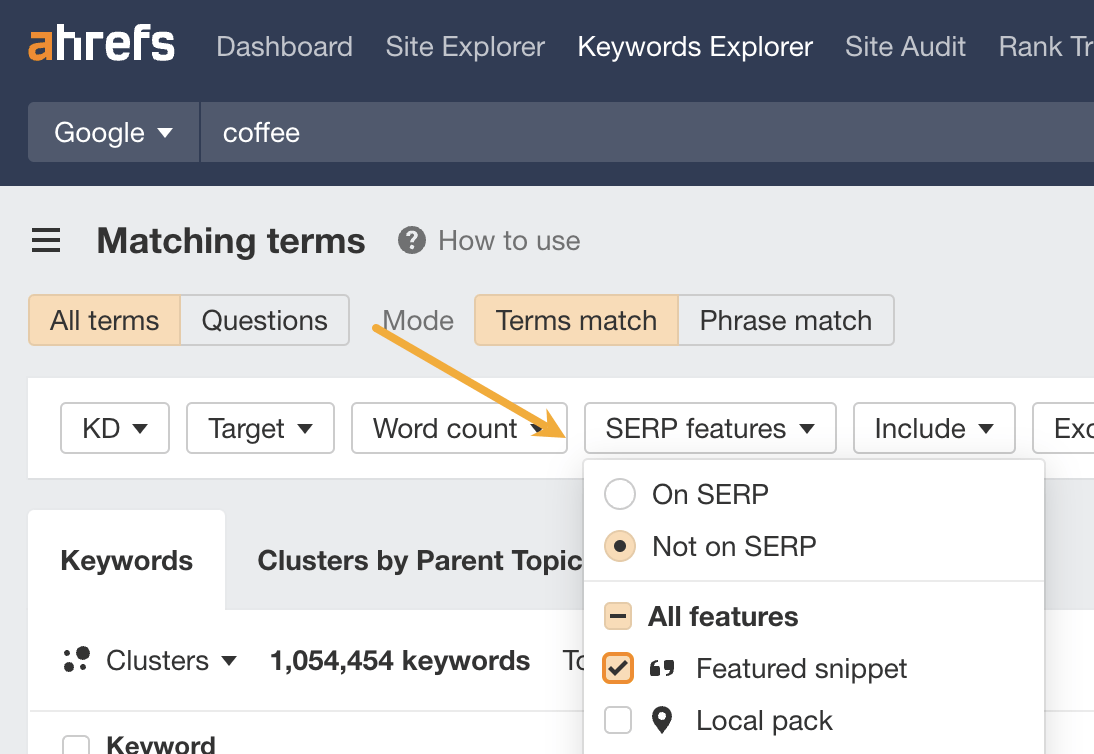
You can also use the “Identify intent” button in Keywords Explorer to learn more about what searchers are looking for. If it seems like something that couldn’t be answered quickly or easily, it’s probably a “deep” topic.
For example, it tells us that many of the people searching for “content audit” want “a detailed process for conducting a content audit, including templates”:
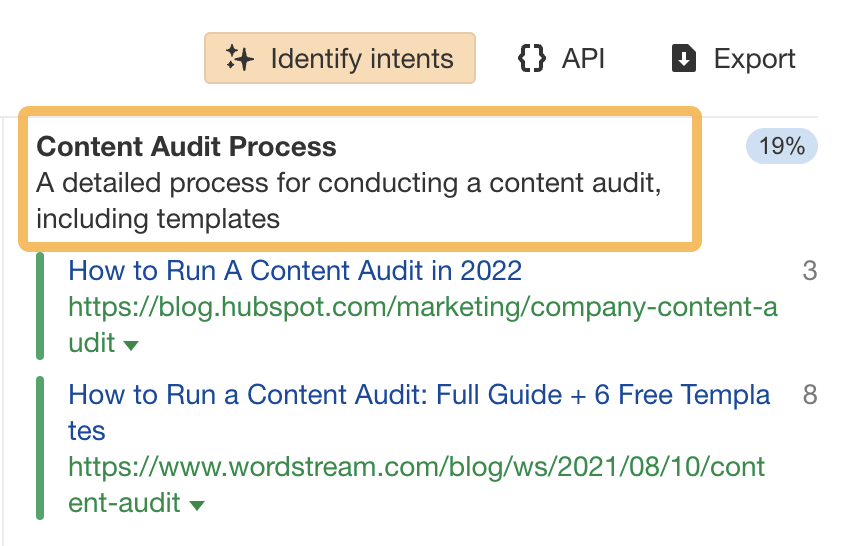
It’s going to be virtually impossible for generative AI to give searchers this—especially the templates.
If you’re still not sure whether a topic is “deep” enough for AI to fail, paste your topic into ChatGPT or Gemini and see what it generates. If it leaves much to be desired and only tells you the what, not the how, then it’s probably a deep topic.
Backlinks are still a ranking factor. AI hasn’t changed that. You need to earn them if you want to rank for anything competitive, and the best way to do that is to showcase unique experiences, expertise, and data in your content.
For example, we got a link from adobe.com (DR 96) when they cited a statistic from our study on how many pages get no search traffic:

And we got a link from hubspot.com (DR 93) when they cited the SEO report template we made:
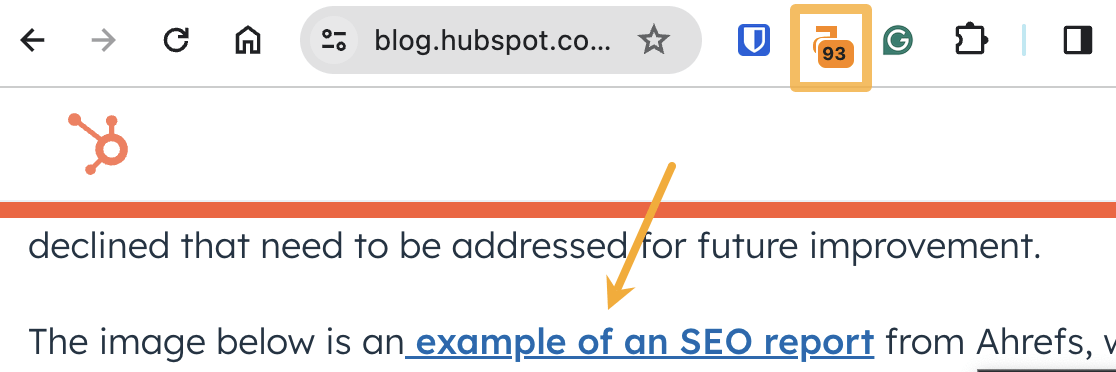
But here’s the problem:
It’s hard to do this for shallow topics because there’s not much you can add.
For example, take the topic of how to reinstall macOS. What exactly can you write here beyond the same basic instructions featured in every other post? Nothing. It’s virtually impossible to make “linkable” content about this topic. It’s too shallow.
It’s hard to rank for shallow topics because your content is never unique. It’s just a bunch of words that have already been said a million times. There’s nothing underneath the surface for people to cite and link to.
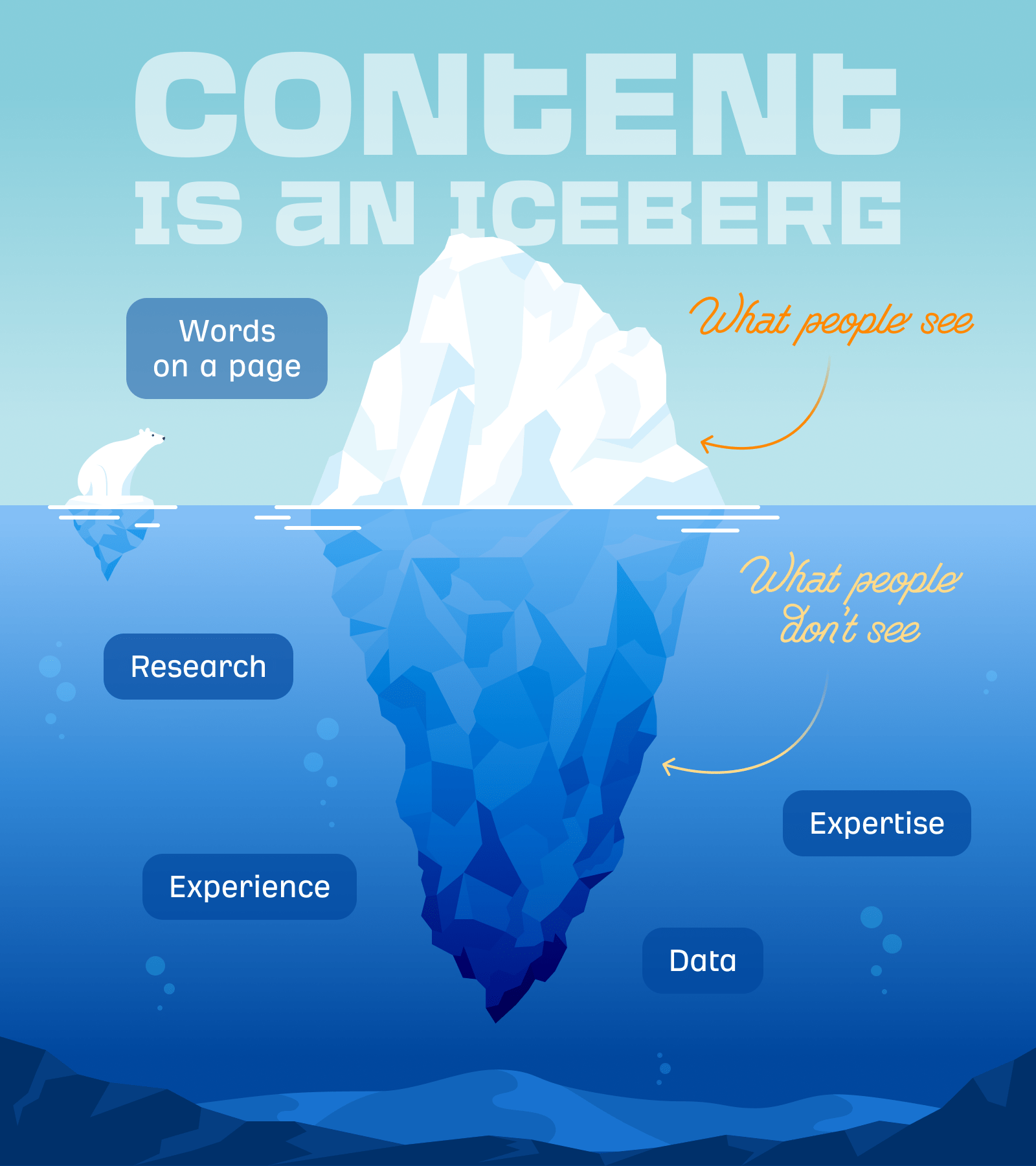
It’s hard to make shallow topics interesting. I think that’s why there’s so much dull “SEO content” out there. You know the kind of stuff I’m talking about: no personality, just vague answers to boring questions nested under keyword-rich H2s.
Now, I know what you’re probably thinking:
“But Josh, this is what works! We’re only doing it because it’s what Google wants!”
That might be true for shallow topics, but we already discussed how AI will steal the traffic from these in the not-so-distant future. For deep topics that require more explanation, your content needs to be engaging and interesting.
There are (at least) two reasons for this.
Interesting content = “information gain”
Even if bringing something new and interesting to the table doesn’t earn you more backlinks, it may still help you rank higher in Google.
That’s because Google cares about the originality of content and almost certainly has mechanisms in place to identify and reward it. They even patented a mechanism for scoring “information gain” back in 2022.
Engaging content = better user signals
If you want to spark debate among SEOs, steer the conversation towards user signals.
Many in the industry have been convinced for years that user signals like click-through rate are ranking signals. You might even be familiar with Rand Fishkin’s infamous mini-experiment from 2014 where he asked his Twitter followers to click on a search result en masse, leading to a #1 ranking that evening.
Care to help with a Google theory/test? Could you search for “IMEC Lab” in Google & click the link from my blog? I have a hunch.
— Rand Fishkin (follow @randderuiter on Threads) (@randfish) May 1, 2014
Google says signals like these aren’t ranking factors because they’re too noisy.
If you think about it, clicks in general are incredibly noisy. People do weird things on the search result pages. They click around like crazy, and in general it’s really, really hard to clean up that data.
But… they also say this on their “How Search Works” page:
We also use aggregated and anonymised interaction data to assess whether Search results are relevant to queries. We transform that data into signals that help our machine-learned systems better estimate relevance.
Tomayto, tomahto. Directly or indirectly, user data influences Google’s algorithms. If all you’re publishing is dull, uninspiring content that AI could write in a heartbeat, nobody is going to read or engage with it. This might negatively impact your ability to rank.
Final thoughts
If you want the ChatGPT-esque summary of this post, it’s this: prioritize deep topics that AI will struggle to answer and create interesting and engaging content about them. That’s how you build an SEO moat in an AI world.
I know that can seem like a waste of time, especially in a world of ever-decreasing attention spans. It’s easy to convince yourself that dull AI answers are what people actually want.
This is exactly how I felt a few months ago… before Tim kindly set me straight 😅
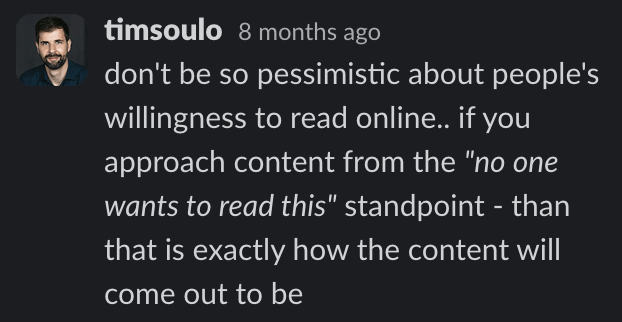
Maybe it’s just because he’s my boss and I respect him, but I think there’s some real truth to this comment. People still want to read content, but only if it’s engaging and deep.
So, let’s make it our collective mission to pick wiser battles and craft interesting content that stands the test of time.
Content Copyrights Belong to The Author. All Rights Reserved.
We're A Dallas Digital Marketing Agency That is Experts At Social Media Marketing, Website Design and Emarketing and Promotion.



